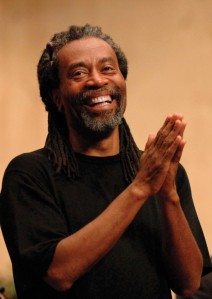Last year I was lucky enough to be interviewed by a young filmmaker named Hannah Jayanti for a documentary about the book The Phantom Tollbooth, in celebration of it being published fifty years ago. After the interview, Hannah asked if I’d write a song for the film and I was even happier to do that. The film’s premier is October 6 at the New Yorker Festival. (Norton Juster, the author, and the illustrator, Jules Feiffer, will be there for the screening. I’ll be there, too. ) For fans of the book (and even those unfamiliar with it) it’s a delightful and insightful look at the creative process and the story behind Milo and his tollbooth.
Here’s part of my interview:
And here’s a link to the song. My pal, whistler extraordinaire Andy Offut Irwin does the whistling:
Some of you know that The Phantom Tollbooth is a classic piece of children’s literature – and it’s a classic and timeless because of its very singular and quirky nature. Milo is a boy thoroughly bored with life and not seeing the point in much of anything. Feiffer’s initial illustrations of Milo show someone not dissimilar to the character in Munch’s “The Scream”. Passing through a tollbooth that mysteriously shows up in his apartment one afternoon, Milo embarks on a quest into a different world, and discovers a reason for being, or perhaps finds that just being is reason enough. The story is filled with language play, strange characters, and philosophical observations that most adults can’t imagine children would enjoy.
Most adults.
Most adults think…
You could begin a lot of sentences with that phrase, and hardly any of them would be complimentary to people over twenty-one years of age. Somehow, adults forget how children think. Perhaps because children have no power, they have little responsibility, and adults equate consciousness and perception with responsibility, forgetting the years and years they themselves spent as children, observing and trying to make sense of things. By the time children get to nine or ten years of age, they have become philosophers of a feral sort. Children, at the mercy of their seniors, have a lot of time to muse and consider and try and understand, more than we do as adults.
Which is what The Phantom Toolbooth is about – trying to make sense of a world in which adults don’t seem to be listening or paying attention.
Most adults doubted that children would like the book. But they have. My friend Carmen Deedy says it’s easier to publish a good book than a great one, and time has proved detractors wrong. Rereading it last year, I was struck by the depth of what it had to say, and the playfulness with which it was said.
If you like the book, you can give it some support on the Facebook fan page here.
And if you’re in New York, I’ll see you there.







